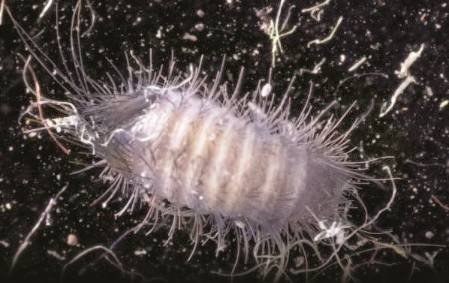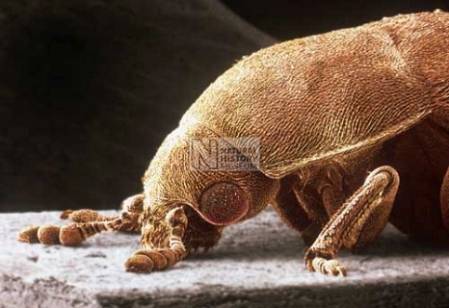Flett Lecture Theatre, NHM
Thursday 8 May 14.30–16.00 (with training sessions in the morning and after the seminar)
As part of the annual Natural History Museum Pest Management Day, Robert Child will give a talk about the new European Biocides Directive.
Robert Child has extensive experience as a professional research chemist and was the Head of conservation at the National Museum of Wales, Amguedddfa Cymru. He combines those with an expertise on the practical applications of Integrated Pest Management (IPM) programmes in cultural institutions. His talk will give an overview of current IPM practices and the impact that the new biocides directive might have on this essential tool for collections preservation.
Speakers
- Robert Child (former Head of Conservation at the National Museum of Wales)
Training sessions by NHM IPM Co-ordinators (0900, 1100, 1730)
- Armando Mendez, Special Collections Information Assistant
- Suzanne Ryder, Collections Manager
Who should attend?
The seminar is open to all museum professionals. We also welcome colleagues from other institutions who would find the seminar of interest. There is no booking fee and only large parties need to notify the organiser for catering purposes. Tea and coffee will be available in the lobby area after the talk
What will I hear?
Update on new European Biocide Directive. If you are interested in attending the seminar or one of the hour long NHM internal training sessions (9.00, 11.00, and 17.30) where you will learn about Natural History Museum IPM please book a place by emailing: Julie.reynolds@nhm.ac.uk
A woolly bear you wouldn’t want to find! Woolly bear is the common name of the larvae of the Varied Carpet Beetle – Anthrenus verbasci They eat dried insect specimens, bird and mammal skins, textiles (especially woollen ones) and the animal glue used in old book binding.
© The Trustees of The Natural History Museum




